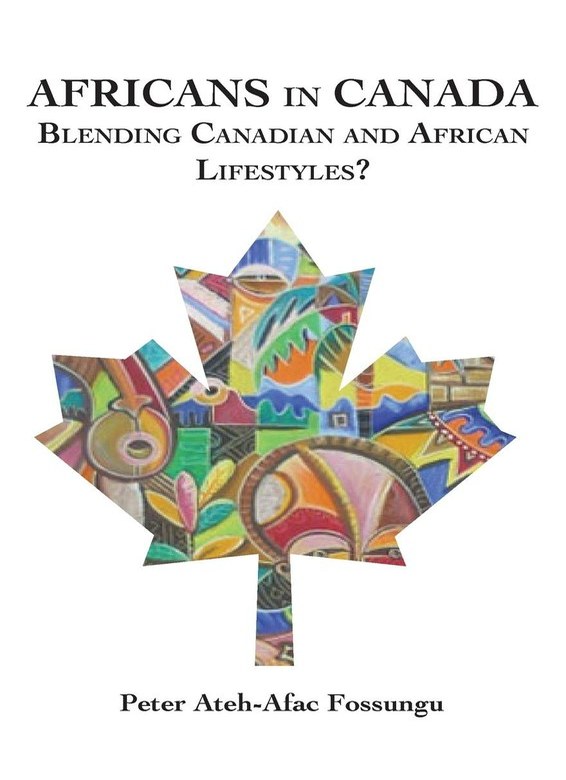written by Peter Ateh-Afac Fossungu
Blending Canadian and African Lifestyles?
This book aims at educating parents generally but divorcing or divorced ones specifically. The instruction is that the future and interest of the children, whatever the cause of their separation (or calculations for the non-divorcing others), should always be the prime mover for whatever arrangement (or decision) they make. That the world would be a better place if people generally look at the larger picture of things; larger picture people usually being better suited to give children, without definitional distinctions/exclusions, a better future than what they themselves have, irrespective of the societies they live in.
The book’s concern for the future of children also draws from the fact that social work departments, with enormous powers over the making or ruining of children’s future, are often staffed by persons with contrary ideals to those these departments stand for. Africa and Canada are specifically examined but its messages apply across the globe; lessons dished out from both perspectives of a parent and a child who has been through it and seen it all and would not want other children/parents to go through similar experiences simply because of funny definitions of family or of child, classifications often exclusively geared toward making readily available resources for educating children unavailable to some children. There also is much apprehension about some parents’ blatant use of children for accomplishing their own selfish agendas to the total disregard of the future of said children who, paradoxically, do not even feature in their new un-African and un-Canadian definition of family.
| ISBN | 9789956790449 |
| Pages | 186 |
| Dimensions | 216 x 140 mm |
| Published | 2013 |
| Publisher | Langaa RPCIG, Cameroon |
| Format | Paperback |





1 comment
“The essence of the book is an attempt to demonstrate how children’s life and future are seriously affected by the way family (and marriage) would be defined especially by parents, partners and other relatives. The author relates in some detail the various strategies he employed to overcome the almost insurmountable obstacles he faced as a result of such definitions, in the process defying them courageously and attempting to pursue a kind of blend of African and Canadian lifestyles. This is a captivating story. The book provides the reader with a number of useful insights in the complicated African family relations, which are otherwise difficult to acquire from standard scientific and more specifically anthropological literature.”
Dr Piet Konings, African Studies Centre, Leiden, the Netherlands